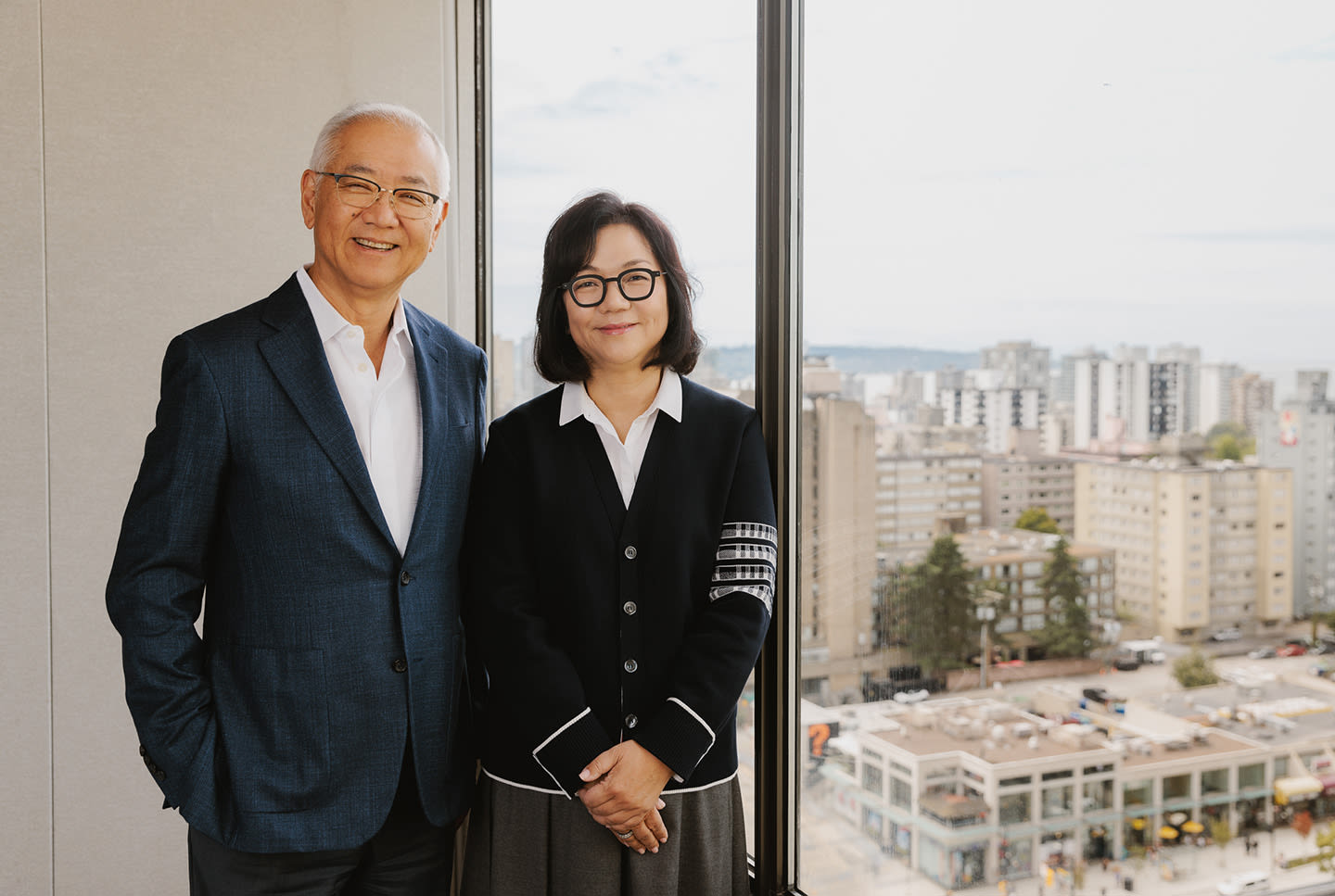I selfishly want to add one last post. My vision for BrainCare came to me as an idea simply from treating patients with brain cancer, but I did not have the training, ability or time to make that idea useful. In 2006, I met with Dr. Simon Sutcliffe, then President of the BC Cancer Agency to discuss my conundrum. He introduced me to Susan Egan.
Susan was from the business world, but she had dabbled in the health care world. She became the project manager for BrainCare and drove it to the heights it now enjoys. Unequivocally, without her guidance, BrainCare would have remained one more idea ruminating in my brain. For four years we worked very hard. I am typically very cautious with friendship, but over that time Susan became a trusted friend and ally.
In October 2010 Susan told me she was feeling weak in her right arm (if you can believe it, this was right after a Brain Tumour Information Day she helped organize). I won’t recount the awful details—which remain surreal to me—the look in her face, the rush to CT, watching the CT slices appear on the monitor, wanting to sound hopeful and controlled but feeling lost and spinning. She had brain cancer and it was as nasty as they come. How ironic and tragic and awful. She had brain cancer and I was her brain surgeon.
I wish I could tell you that her treatments went well and without complication, but that wasn’t the way it happened. In the final days of her life I visited her at VGH and wanted to tell her how much I appreciated how she had helped me and how proud I was of all the work we did. But as the final act of cruelty, her tumour was situated in her speech area, rendering her mute and impairing her ability to communicate. All we could do was look at each other: she couldn’t say a word and she didn’t understand any of my words. It was pretty devastating. Susan died on March 11, 2012. And despite everything I knew, I didn’t say what needed to be said when I had the chance to say it – thank you for letting me say it now.
Brian


